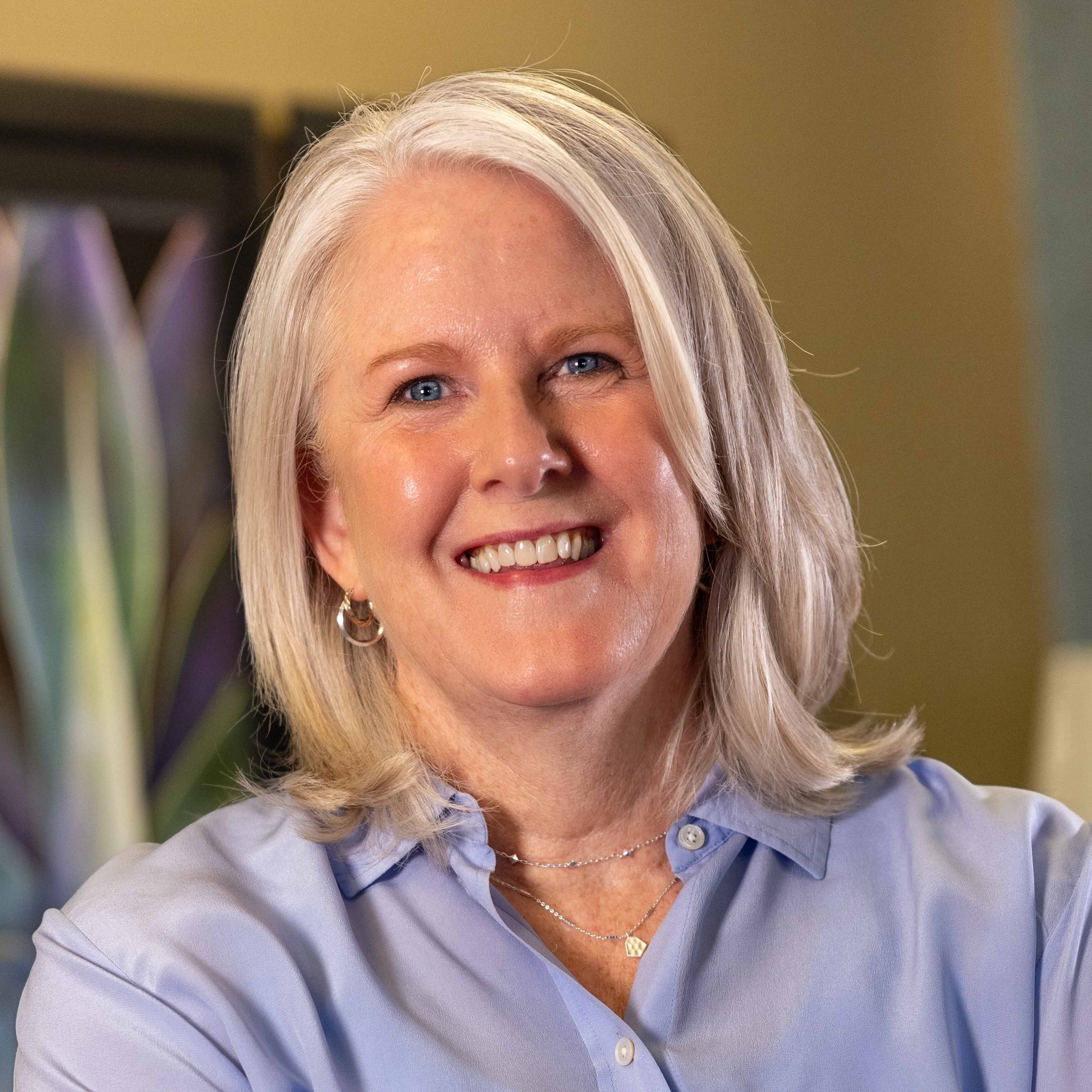 The death of a spouse can be one of the most challenging things a person can endure. The emotional impact, changes to your family structure, and loss of your closest companion can all take a toll. Financial issues shouldn't add to the emotional hardship. Yet, too often widows and widowers may have a hard time managing their finances after losing their significant other. Perhaps they were the ones in charge of the checkbook, or held all the important account information. Maybe they were the primary breadwinner and you're wondering how you will maintain your lifestyle now that they're gone. No matter your situation, I believe it's important to have quality financial advice during such a difficult time. This guide for financial planning for widows and widowers can help answer some of your questions.
The death of a spouse can be one of the most challenging things a person can endure. The emotional impact, changes to your family structure, and loss of your closest companion can all take a toll. Financial issues shouldn't add to the emotional hardship. Yet, too often widows and widowers may have a hard time managing their finances after losing their significant other. Perhaps they were the ones in charge of the checkbook, or held all the important account information. Maybe they were the primary breadwinner and you're wondering how you will maintain your lifestyle now that they're gone. No matter your situation, I believe it's important to have quality financial advice during such a difficult time. This guide for financial planning for widows and widowers can help answer some of your questions.
Collect and Organize needed Documents.
There are so many things that need to be done after the death of a spouse that it can be paralyzing. After one of my clients died, I went over to their house to help the new widow sort things out. She had collected all the documents she needed and they were all over the kitchen and dining room. It was so overwhelming she was having a hard time getting started on transitioning her finances. Collecting the documents was the right idea but they needed some organization. Together we sorted the documents in an accordion file, labeled everything for easy access and added a tabbed notebook. She would use the notebook to document all the calls she made, forms she sent and tasks completed. Once she had one small accordion file instead of two rooms of documents, she was able to make the next move. Here is a list of documents a new widow/widower may need to collect.
First, understand that not everything has to be done all at once.
An important step initially can be to make sure you have access to cash to continue to pay bills, as the bills don’t stop. If you have a bank account in your name with monthly auto deposits or a balance big enough to cover your monthly bills—you may be set for the time being. If instead your bank account was joint, the bank may allow you to keep it open for awhile, which will help you pay bills.
What if your income was coming from an investment account?
If you have a joint investment account, you may be limited in receiving income until the brokerage parameters are met. This may include proving a death certificate and forms as required.
What if your spouse was the breadwinner and the pay checks have stopped?
Check your bank and investment account balances to ensure you can cover the bills for a few months. If your spouse had life insurance, apply for the benefits when the death certificates arrive. Once the insurance has been received you can determine how to use the funds to pay future bills.
Plan to have enough copies of the death certificate.
Just about everything you do to transition will require a certified copy of the death certificate. A death certificate will be needed to transfer assets into your name including the home, cars, bank accounts, investment accounts, life insurance, and pensions. Add up the number you think you will need and order a few extra.
Here is a more detailed checklist of what to do when.
Ask for help, especially if your situation is complicated.
You don’t have to manage the death of a loved one alone, and you should consider asking for help. You might have a trusted family member or friend who can help you work through your to do list. If you have a number of assets between you and your spouse or your estate is complicated, you will want to consult a team of experts before transferring all the assets into your name. Your Financial Advisor, Tax Expert, and Estate Planning attorney have all helped people in this situation before. Not only can they help you with the financial transition, they can advise you if there are any income or estate tax savings measures available to you.
Conclusion
Transitioning your finances to your name after the death of a spouse can be an overwhelming task. Remember that other than requesting the death certificates and ensuring you have cash to pay bills, many of the tasks can be delayed a few weeks or months. This will give you time to breathe, sort things out as well as consult your team of experts to help you transition both smoothly and potentially with the least tax consequences possible.





